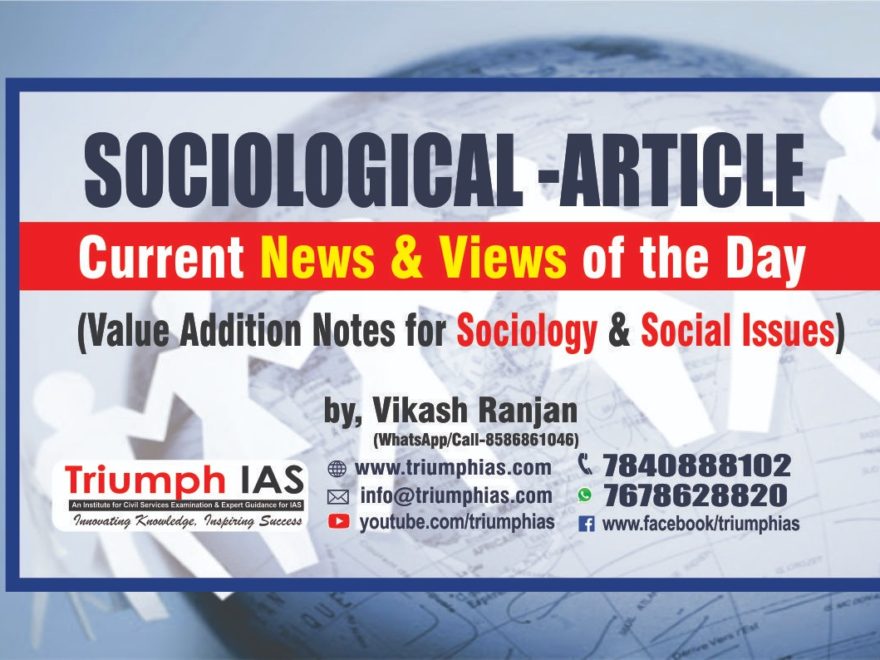Child Marriage & Sexual Abuse: Anomalies and Way forward
Relevance: Sociology: Social Changes in India: Constitution, law and social change. Education and social change. Poverty, deprivation and inequalities. Violence against women.
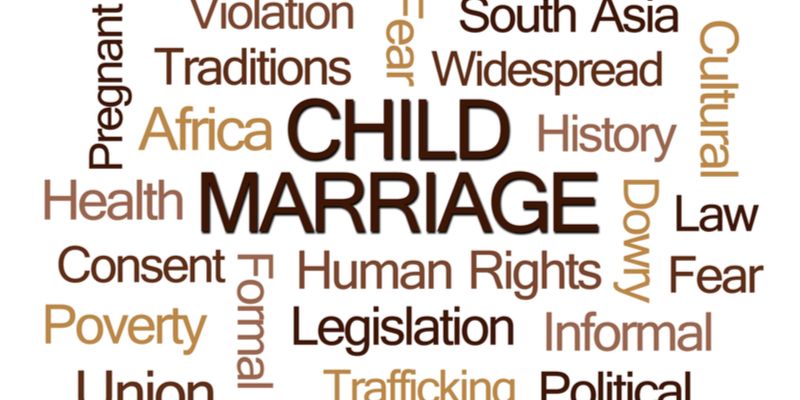
Context
Sphere of child rights, especially rights of the girl child, needs ample protection and care by the state through legislation.
India has Prohibition of Child Marriage Act (PCMA), 2006, which makes solemnising marriages of girls below the age of 18, including promoting or permitting their solemnisation, as punishable offences.
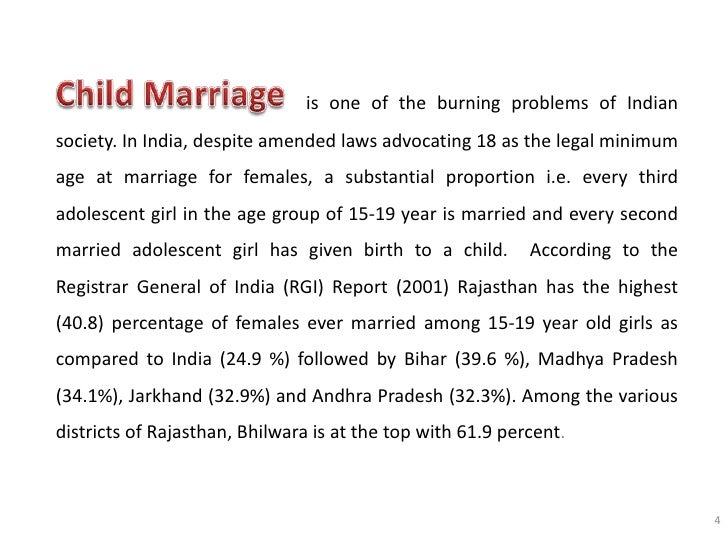
In several cases, minor girls elope by choice. This is usually followed by the girls’ parents filing complaints in local police stations incriminating kidnapping from lawful guardianship, rape, sexual assault and the like. In other cases, minor girls are married off by their parents.
While cases in both scenarios are punishable, marriages arranged by parents hardly attract any legal action since they bear social endorsement.
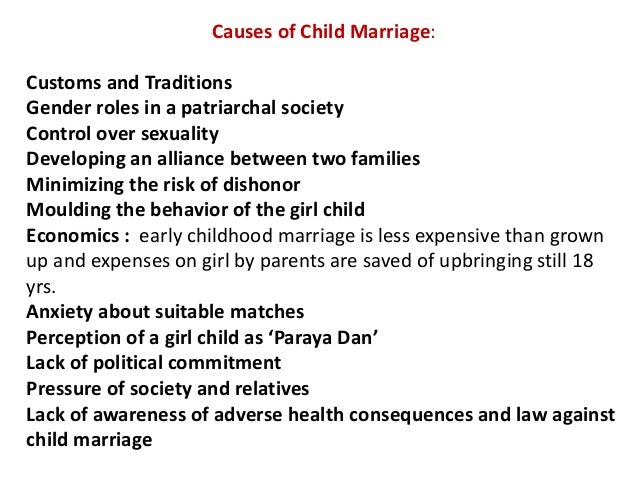
PCMA, however, is silent on sexual relations within child marriages. But since it has legitimised children born from child marriages, in a way, it acknowledges the existence of sexual relations within child marriages.
India also has the Protection of Children from Sexual Offences Act (POCSO), 2012. An important piece of legislation in the history of child rights, it has been enacted to protect children from offences of sexual assault, sexual harassment and other such abuses. The Act also lays emphasis on adopting child-friendly approaches during the trial of such offences. In fact, it has stringent provisions of punishment for sexual offences with children under the age of 18.
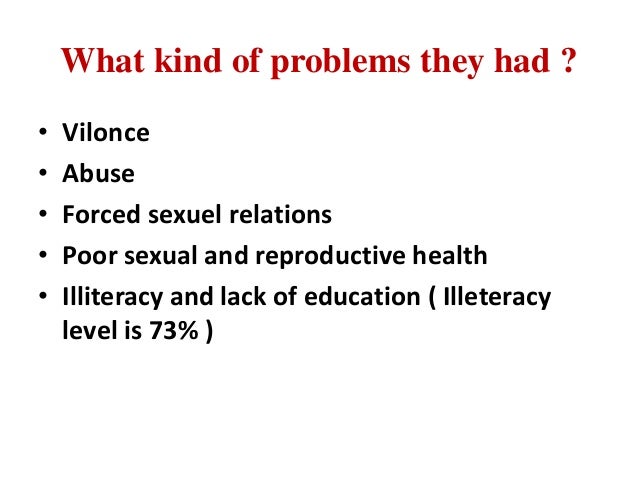
On the other hand however, Indian Penal Code, 1860 (IPC) refutes sexual intercourse by a man with his wife above the age of 15 as rape. Exception 2 to the Section 375 IPC states:
Sexual intercourse or sexual acts by a man with his own wife, the wife not being under fifteen years of age, is not rape.
This means that if a girl between 15 and 18 years of age is married, her husband can have non-consensual sexual intercourse with her without being penalised under the IPC — only because she is married to him.
Addressing this anomaly, the Criminal Law (Amendment) Act, 2013 placed section 42 A in POCSO Act, stating that:
The provisions of this Act shall be in addition to and not in derogation of the provisions of any other law for the time being in force and, in case of any inconsistency, the provisions of this Act shall have overriding effect on the provisions of any such law to the extent of the inconsistency.
This implies that in cases of conflict between provisions of POCSO Act and any other law, the former will override. Thus, in all cases of child marriage, as the girl is below 18 years of age, apart from the provisions under PCMA, aggravated penetrative sexual assault under the POCSO Act can also be charged.
The judiciary, however, has had its own interpretations of these provisions. In some cases, courts have taken a soft approach, for instance, in Yunusbhai Usmanbhai Shaikh vs State of Gujarat (2015) case. The Gujarat High Court quashed the FIR against the accused as the victim admitted that she had accompanied the accused on her own will, and that both were in love and had decided to get married.
As child marriage is not a matter of dispute, the court only looked into the free will of the girl to marry the accused through the FIR. The offence under IPC and POCSO was, hence, completely negated.
On the other hand, the Karnataka High Court, in an almost similar circumstance in the case of Soni Nihal Vs Sri Sandeep Patel (2017), stated that criminal proceedings against the accused cannot be quashed.
The court observed that before exercise of power to quash any crime, it must give due regard to the nature and gravity of the crime. Heinous and serious offences of mental depravity or offences like murder, rape, etc. cannot be fittingly quashed. It is not only an offence against an individual; it is categorised as an offence against the society at large.
The Supreme Court of India in Independent Thought Vs Union of India (2017) added a different dimension to this discourse. The Apex court stated:
The age of consent for sexual intercourse is definitively 18 years and there is no dispute about this. Therefore, under no circumstance can a child below 18 years of age give consent, express or implied, for sexual intercourse. The age of consent has not been specifically reduced by any statute and unless there is such a specific reduction, we must proceed on the basis that the age of consent and willingness to sexual intercourse remains at 18 years of age.
The Preamble to the POCSO Act states that it was enacted with reference to Article 15(3) of the Constitution. The Preamble recognises that the best interest of a child should be secured, a child being defined under Section 2(d) as any person below the age of 18 years. In fact, securing the best interest of the child is an obligation cast upon the Government of India having acceded to the Convention on the Rights of the Child (the CRC). The Preamble to the POCSO Act also recognises that it is imperative that the law should operate in a manner that the best interest and wellbeing of the child are regarded as being of paramount importance at every stage, to ensure the healthy, physical, emotional, intellectual and social development.
All complaints of sexual contact with children may not be treated as rape and preceded as per POCSO Act unless they clearly and unambiguously fall within it. On the other hand, child sexual abuse in the form of marriage shouldn’t also be exempted as it ruins availing all forms of child rights.
It needs to be conveyed that along with the socio-behavioural change among different stakeholders, the sphere of child rights, especially rights of the girl child, needs ample protection and care by the state through legislation.
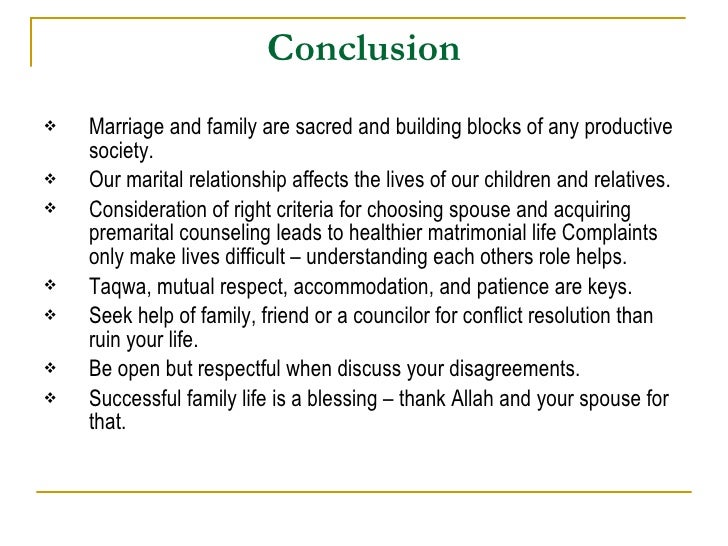
The premises of all our legislative discourses must recognize and respect the rights of children with regard to their bodily integrity, reproductive rights and freedom of expression. At the same time, it should provide necessary safeguards against all forms of exploitation and abuse.
Effective implementation of law, space for an increased engagement with adolescents, awareness of these legal provisions should go hand in hand. This may ensure a safe and healthy childhood for our children.
For more such notes, Articles, News & Views Join our Telegram Channel.
Click the link below to see the details about the UPSC –Civils courses offered by Triumph IAS. https://triumphias.com/pages-all-courses.php

